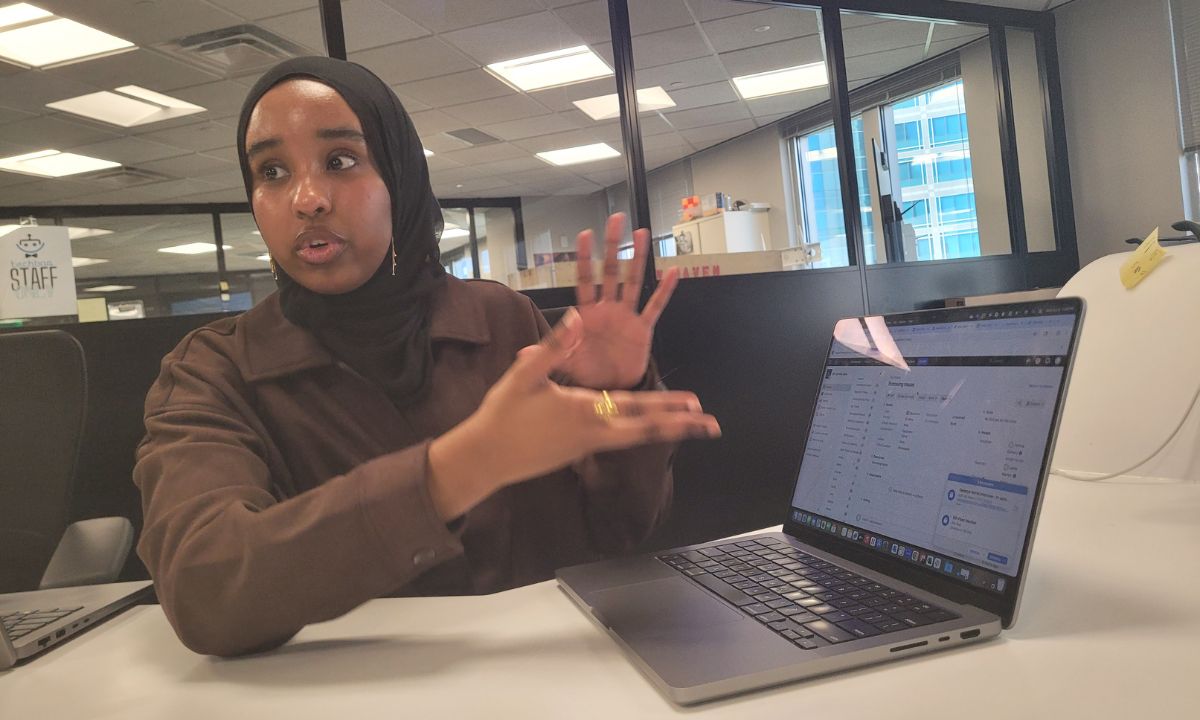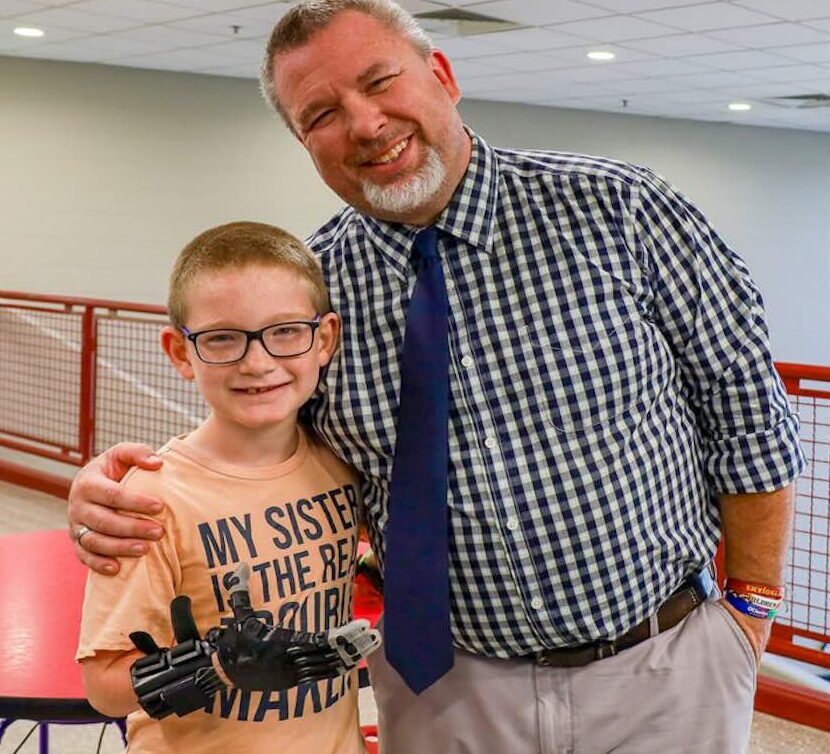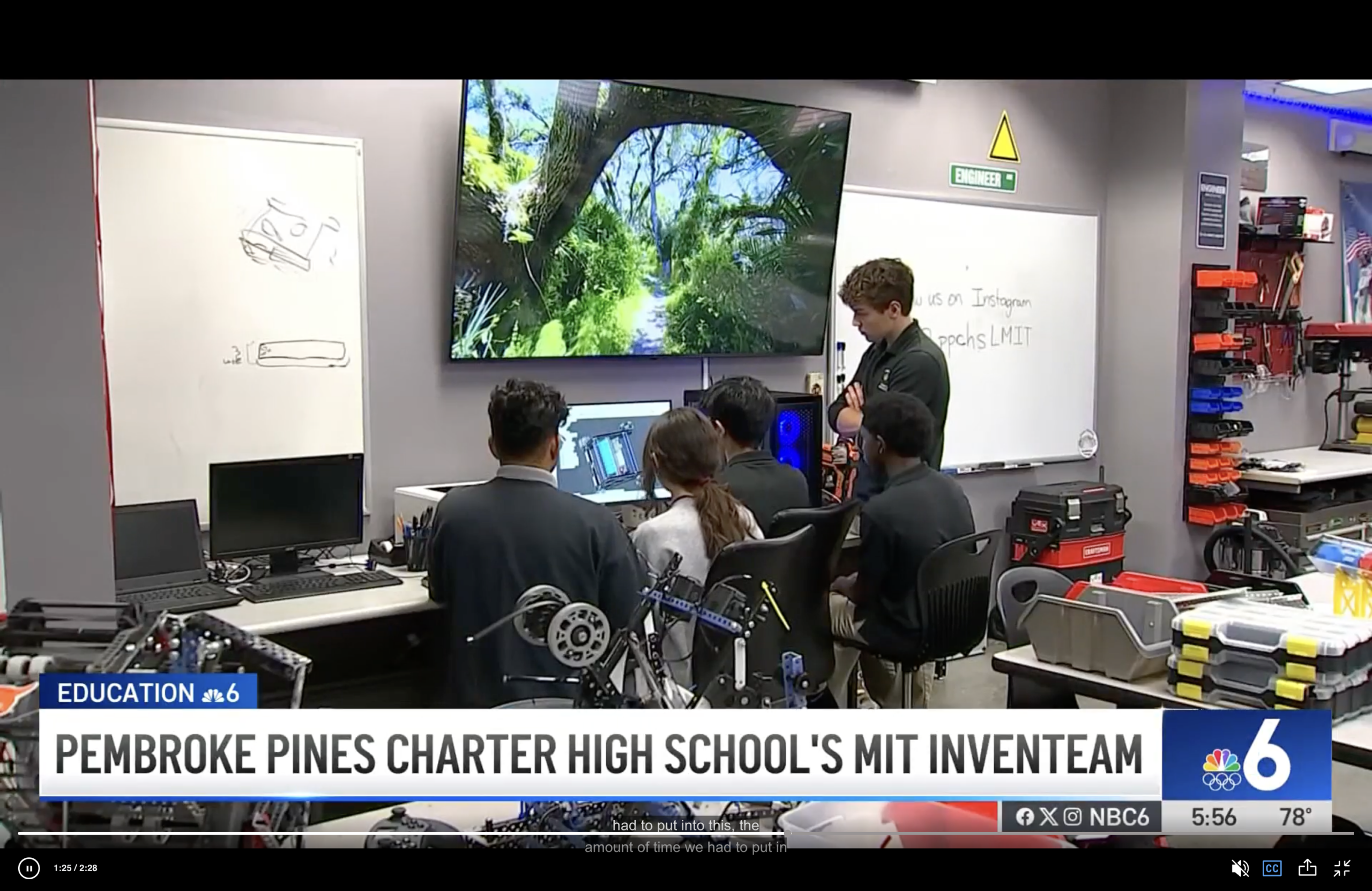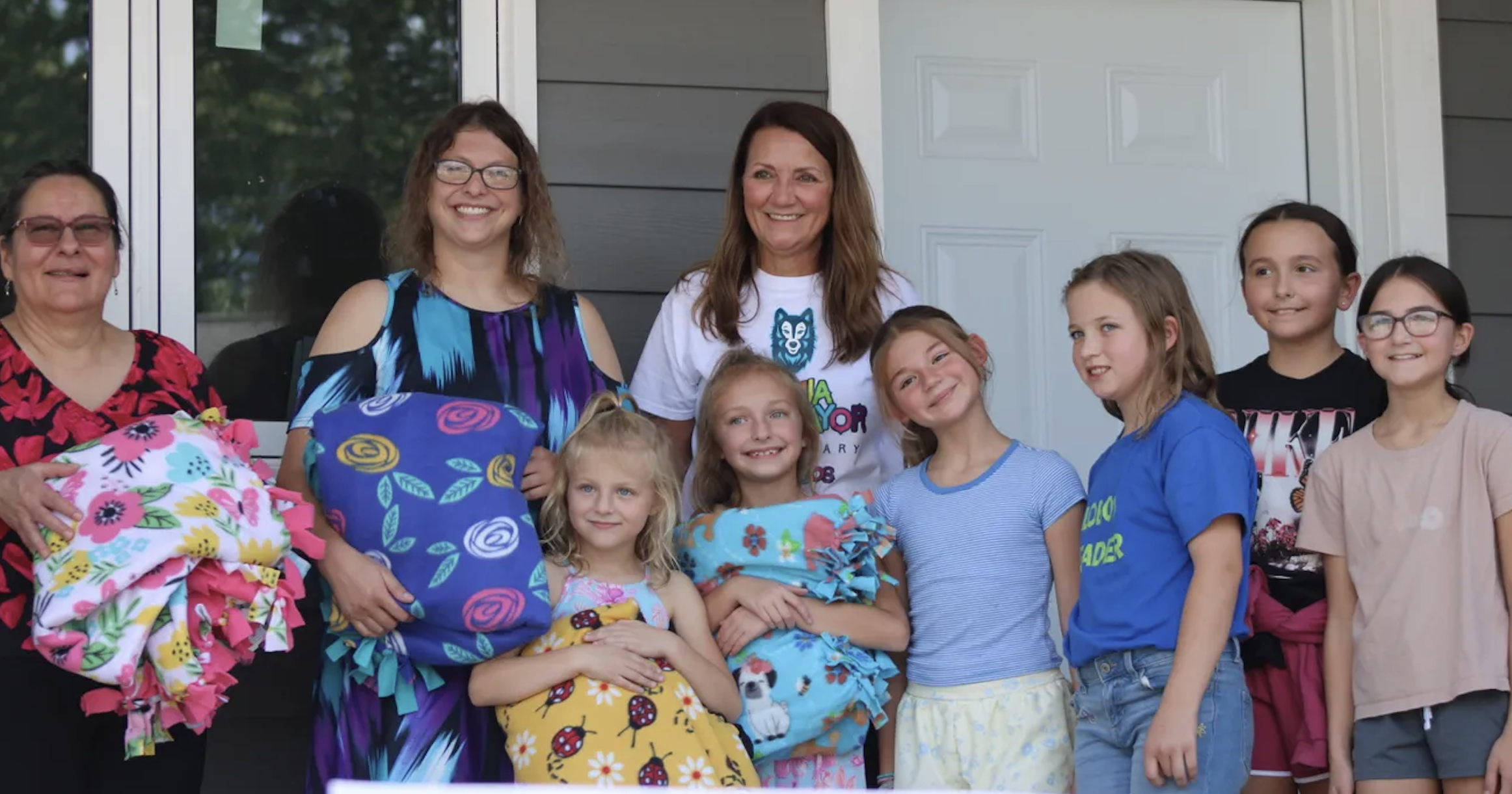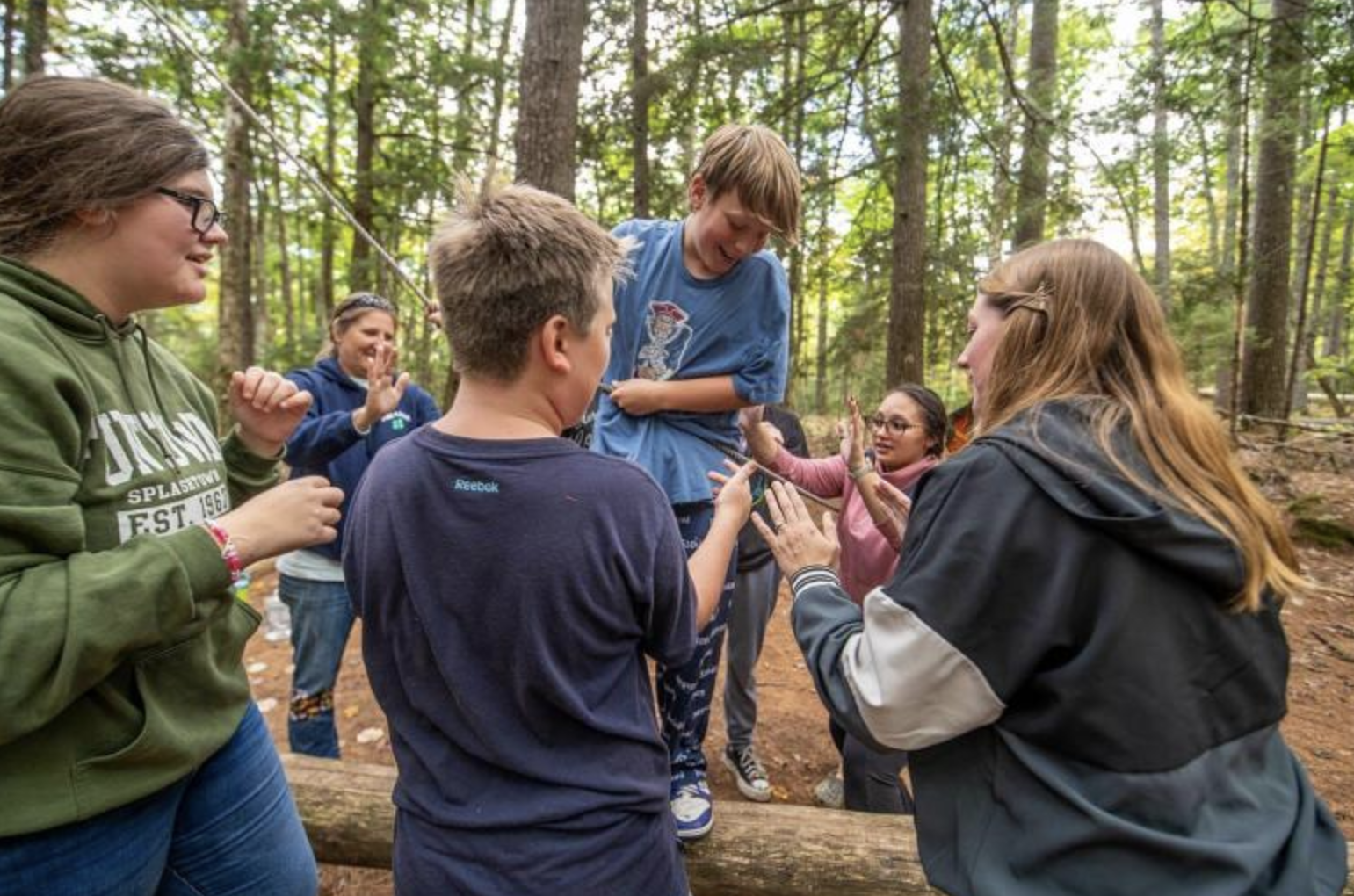Jump to: Top Tasks | From the Field | Key Resources | Moments of Resilience
It is week 74 of our new reality and in many parts of the country, the third school year of the pandemic is already in full swing.
At the same time, we are starting to get a clearer look at the cost of disrupted education from the 2019-20 and 2020-21 school years, with especially shocking results out of Newark, New Jersey: “Just 9% of students in grades 2-8 met state expectations in math based on the results of end-of-year tests taken this spring,” writes Patrick Wall in Chalkbeat, based on data obtained from Newark Public Schools through a public records request. “Fifth graders fell from the 15th to the 4th percentile in math over the course of the school year, landing them near the very bottom of the pack nationally. In reading, they dropped from the 11th to the 2nd percentile.”
The results are an important reminder of how important it is to provide students with far more support and opportunities than we have in the past. That need is the inspiration for our Believe in Better framework that is driving change in campaigns around the country.
SUBSCRIBE
Last time in the New Reality Roundup, I spoke with Change Summer CEO Josh Phillips about the potential for a world of opportunities for kids beyond school walls.
This week, 50CAN President Derrell Bradford speaks with Meredith Olson, president of the VELA Education Fund, on the investments she is making to help usher in this era of open and connected learning for all.
TOP TASKS
Support educational innovation beyond the schoolhouse
“When I first started working in education, I was asking a lot of questions and trying to understand why there is so much activity happening in the education space outside of traditional education systems but yet so little focus on that activity from the education reform community,” Meredith Olson, the executive director of the VELA Education Fund, tells Derrell Bradford in our new video interview.
The VELA Education Fund was created to seek out and help grow the most innovative education programs that exist outside of school walls. These programs make a more open and connected world of education possible, which is an essential promise made in 50CAN’s Believe in Better framework.
“I think a lot of people don’t understand that starting a school is the most expensive way to test an idea. You could start with a classroom. You could start with five kids. You could start with one kid as a way to have some sort of rational proof of concept before you go all-in on everything that you need to actually start a full school,” Meredith shares. “So we decided to flip the script a little bit, compared to traditional philanthropy … We’ve seen everything from a family that converted an old run-down train into a classroom for learning … a lot of outdoor learning, a lot of play-based learning. We’ve seen so much parent and student coaching, train-the-trainer models where people are basically rolling up their shirt sleeves … just the amount of innovation that we’ve seen when we put the power back in the hands of the innovators, in the hands of families, kids and everyday entrepreneurs, it’s just astounding.”
For interested potential partners, VELA is beginning a third round of funding this fall.
THE TASK OF THE WEEK IS
Provide greater clarity and more options in an uncertain environment
“New, more contagious variants of the coronavirus are causing transmission and hospitalization rates to spike across the country as more than 50 million children head back to school, scuttling well-laid plans by school districts to safely return students to classrooms,” writes Lauren Camera for US News and World Report, documenting the slew of unanswered questions surrounding the start of the school year for both parents, educators and elected officials.
One reason plans have been scrambled is the lack of flexibility baked into those plans. Over the summer, states shut down virtual options, put new restrictions on who could apply and moved up deadlines for applying to those virtual schools.
Often teachers and parents have been left in the dark on the rules and procedures if an outbreak occurs and where teaching will continue during shutdowns and quarantines.
This lack of options and continued uncertainty is deeply frustrating for many families, who lack the clarity they need to make decisions about child care, their own jobs and how and where their children will be educated.
One concrete step we can take is to restore virtual options for families. In Hawaii, Executive Director David Miyashiro, who has been fighting for a statewide virtual option for months, secured a key win when the Department of Education announced a new statewide distance learning plan for families.
THE TASK OF THE WEEK IS
FROM THE FIELD
Last week, 50CAN President Derrell Bradford shared four summer wins from across the network:
- The opening of teacher pathways to career professionals through the establishment of adjunct teaching positions in North Carolina.
- Historic charter and renaissance school facilities funding in New Jersey.
- Transparency and public accountability for federal stimulus spending plans in Colorado.
- More frequent elections for school board members in Delaware.
For a deeper dive into these wins and the impact they’ll have on students across the four states, check out Derrell’s letter.
Key Resources
Education Next chronicles the wave of school choice policies that passed in 2021, including interviews with advocates and a list of expanded choice policies.
The National Alliance for Public Charters, in celebration of Back to School, are sharing the inspiring stories of charter school founders and leaders from across the country.
Edunomics Lab is out with a new report by Marguerite Rosa and Chad Aldeman, with guidance on smart planning for districts to use federal funding.
Kaiser Permanente, in collaboration with FutureEd, makes recommendations for how portions of ESSER funding can be used to support healthy schools.
The Hunt Institute compiled information that tracks how each state is utilizing GEER funds and the amount of money they received.
Martin West and Robin Lake, writing for CRPE, analyze available data to understand the academic effects of the pandemic on children, finding that students have gaps that indicate months of lost learning.
Excel in Ed published a new parent guide that documents pathways from school to career and helps families to map options that will give their children an advantage in the future.
Moment of Resilience

Yashira Agosto is an alumna of Amistad Academy Middle School in New Haven, Connecticut, part of the Achievement First charter network. Now a lawyer, Yashira was just appointed as a board member of her former school. “The reason why I decided to join and serve on the board is because Amistad Academy gave me so much,” Agosto said. “It’s a rare experience that a middle school supports someone so much that years later — after they’ve gone to law school and are establishing their career — they still think about their time in that school and are so grateful for that experience.”



